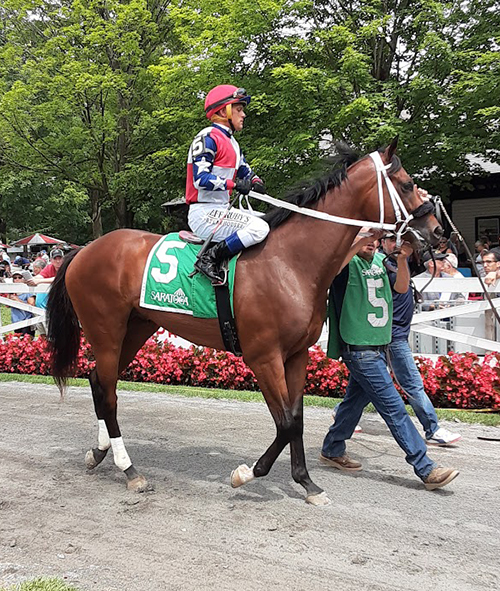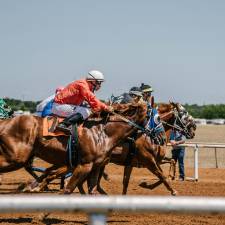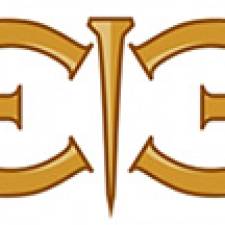
Horse racing is one of the most thrilling and beloved sports currently in existence.
Many annual racing events occur all over the world — each with its own set of distinct rules and regulations that separate it from the rest. Yet one thing stays the same: the types of horse racing terms that are used.
Horse racing can seem a little bit daunting and complex given the sheer amount of things that you need to know. But, fortunately, there are only a handful of specific terms you must familiarize yourself with.
If you want to learn more about horse racing, let’s jump right in!
Allowance
In horse racing, an allowance is the weight deduction that a horse must carry. This may be a direct result of the gender or age of the horse. It may also be judged depending on the type of jockey.
Ante-Post/Futures Bet
A phrase used to describe the act of placing a bet in the days, weeks, or months before the race day occurs. It also happens before any runners are confirmed at the final declaration stage.
Before you make a bet, ensure that you understand what it truly means. We’d recommend reading through this horse racing odds overview to find out a little bit more.
Bridle
An important piece of tack equipment that fits directly over a horse’s head. The reins and bit are attached to the bridle.
Broodmare
This is a female horse that is kept at stud for breeding purposes. They will usually have a pretty good racing experience from their younger years, and the quality of their offspring will often be assessed according to how good they were on the track.
Claiming Races
In terms of thoroughbred racing, this is a type of race where every horse running can be purchased or “claimed” once the race ends.
Colt
A young male horse under five years of age that hasn’t been gelded. They compete on the flat and the best horses will go on to be used for breeding once their racing career comes to a close.
Dead Heat
This is a rare situation when the judge on a race day cannot decide between the performances of two competitors as they are judged to be so close that the difference between the two cannot be resolved. The competitors are then given a joint ranking.
Filly
A filly is a female horse aged four or younger. These horses are typically too young to be called a mare.
Foal
Racehorses that are up to one year of age. These horses can be either male or female.
Front Runner
A horse with a running style that allows them to move into the lead at the beginning of a race and then stay there for a considerable amount of time.
Graded Race
Stakes races that are assigned a specific grade (usually I, II, or III) by officials. This grading is based on the strength of the race compared to other types of races. Graded racing is considered to be the highest form of horse racing.
Handicap
A type of race that enables horses of all abilities to race competitively against one another in different weight categories. This works to equalize the chances of winning for each of the entrants.
Jockey
Someone who rides a horse in steeplechase racing or horse racing, primarily as their profession. Jockeys must be very small and as close to the allocated weight limit as possible to help the horse easily carry and move with the added weight.
Juvenile
In terms of horse racing, a ‘juvenile’ is a term used to describe horses that are either three years old in the National Hunt or two years old in Flat Races.
Look of Eagles
A phrase commonly coined by horse racing commentators and punters to describe a racehorse that is mainly primed for serious action. It showcases a focus and a desire that can be found deep inside a horse’s eyes.
Maiden
These are horses that have never won a race throughout their entire career. It’s also a term that is used to describe a race for different horses that have never before won a race.
Mare
In thoroughbred racing, a mare is used to describe a female horse over four years old.
Odds
The odds of a race are the chances that a horse stands to win a specific race. This is the return you can expect if the horse you bet on proves to be successful in a race.
Off the Track Thoroughbred (OTTB)
These are horses that were bred and trained to become racehorses but are now inactive. They are often rehomed and retrained as sports horses or simply for pleasure once their racing career comes to an end.
Photo Finish
A type of close race finish that requires the judge on a race day to consult a photograph before officially declaring the winner or a dead heat.
Sprinter
A type of horse that competes in different races that are run over short distances. These races are typically over six furlongs or fewer.
Thoroughbred
A breed of horse that is best known for its role in all variations of horse racing. They are characterized by their elegance and beauty.
Weighed In
Each horse competing in a race must carry a particular amount of weight. To ensure that it does, jockeys must weigh before and after the race. The weighed-in announcement that is made once the race is completed means that the result stands firm.
Yard
This refers to where a horse trainer and all of their horses actively train for different races. Sometimes, this is also referred to as a stable.
Yearling
A young horse aged between one and two years old. It’s also viewed as the following definition: a foal dating from January 1 in the year in which it was born in the Northern Hemisphere, and from July or August 1 in the Southern Hemisphere.
Summary
Watching horse racing play out in front of you can be as stressful as it is exciting. Hopefully, regardless of whether you’re a new or old fan of the sport, you now have a better understanding of some of the most important horse racing terms.
There are more informative articles in our section on Horse Racing.













